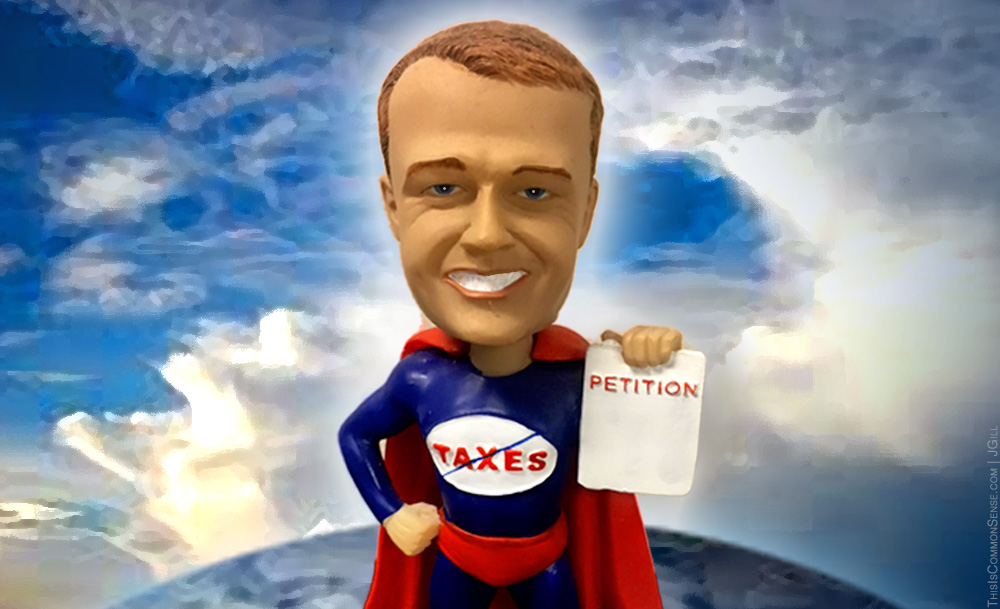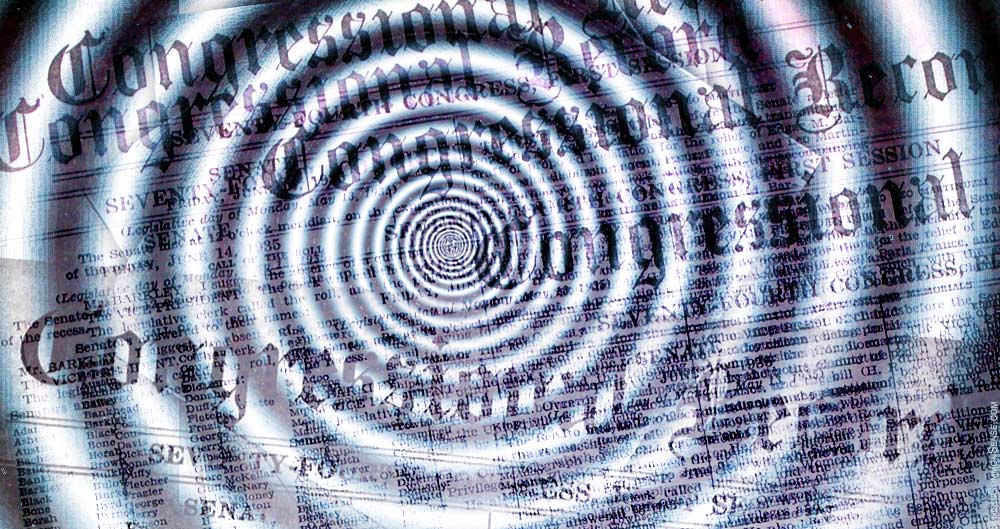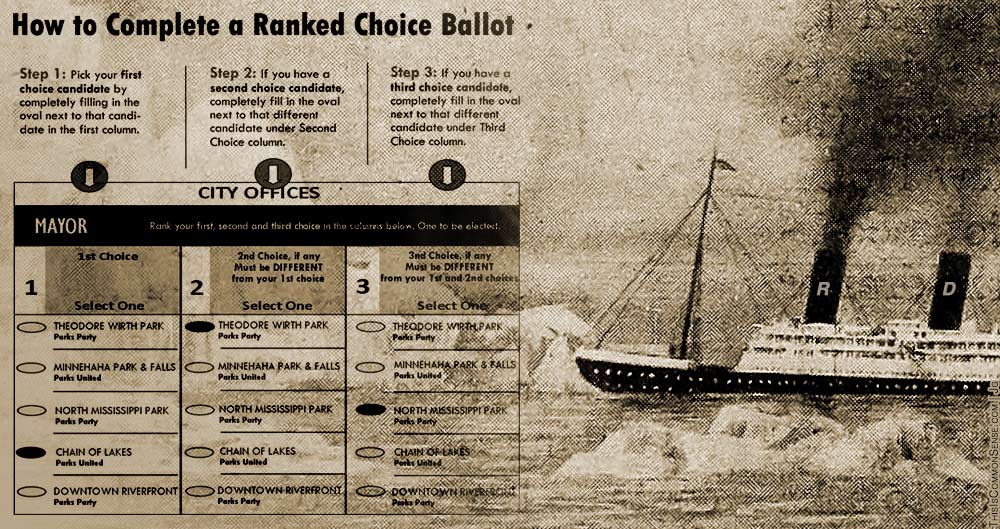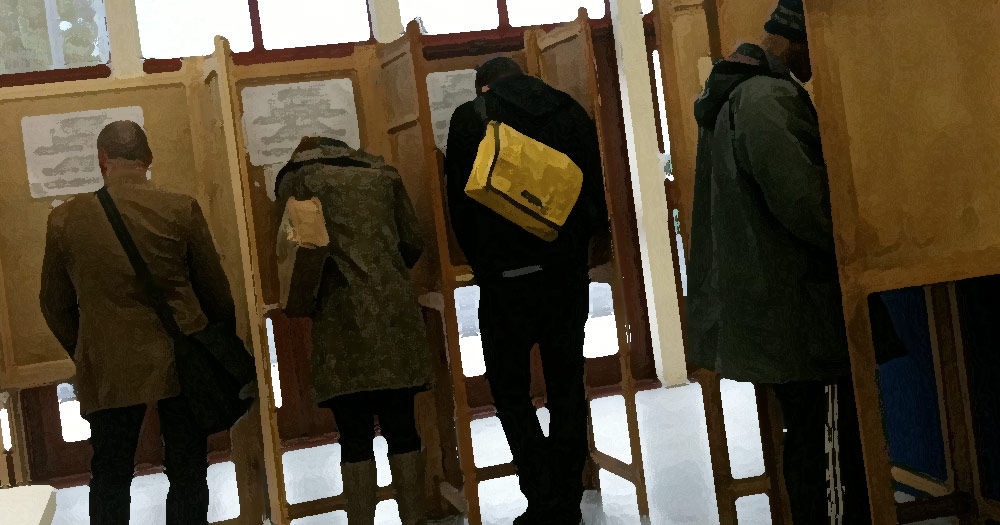“Olympia can’t restrain itself,” Tim Eyman wrote the other day, a judgment on legislative irresponsibility hardly unique to the Evergreen State. Citizens around the country have cause to lament the difficulty of obtaining anything close to a good legislature.
Too often the merely “bad” would constitute a significant improvement.
Which is why legislators need to be put on a short leash. Limits on government must be written into law, where possible into either the U.S. Constitution or state constitutions, so the limits cannot be tampered with by legislators, good or bad.
Washington State initiative guru Tim Eyman, cited above, has made a career of working for just those kinds of limits. In 2007, Eyman and the citizen group Voters Want More Choices petitioned onto the statewide ballot a requirement that any tax increase must receive a two-thirds vote from both legislative chambers.
Voters passed the measure* in 2007, 2011 and 2012.
In an email to supporters this month, Eyman presents data — an “amazing real-world comparison” — to help us understand how effective the limits were … while they lasted.
He notes that “with the 2/3 rule in effect from 2008 – 2012, those 5 legislative sessions cost the taxpayers $6.894 billion” in increased taxes.
And he compares that to the five years (2013 – 2017) since the state’s highest court struck down the voters’ two-thirds mandate: “WITHOUT the 2/3 rule, those 5 legislative sessions cost the taxpayers $23.679 billion.”
“Without the fiscal discipline imposed by citizen initiatives,” Eyman concludes, “politicians cannot hold back.”
Now we have hard evidence for what unlimited government costs us: more than three times more!
This is Common Sense. I’m Paul Jacob.
* Washington State’s ballot initiative process allows voters to pass simple statutes but not constitutional amendments. For two years after passage, legislators must garner a two-thirds vote to override a ballot initiative. After those two years, only a simple majority is required.











